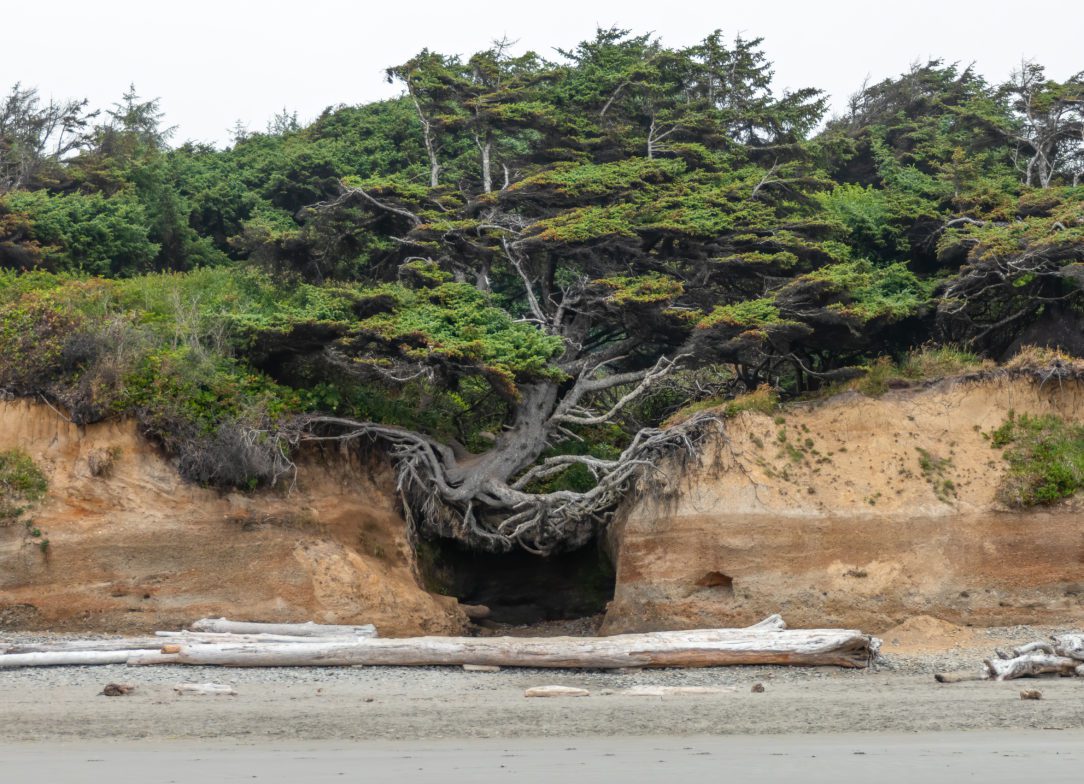Monday night, as I watched Judge Amy Coney Barrett take the official Constitutional Oath, a sadness rushed over me. I shared with a graduate school classmate that the possibility of Roe v. Wade being sent back to the states was terrifying to me. My classmate replied, I think women my age know better than to give up any decision power, to include abortion, whether we think it’s right or not.
I do not share her optimism.
Almost three years ago, I attended Tech2Empower with over 40 other women from reproductive choice and justice, immigrant rights, religious tolerance, legal rights, and sexual assault prevention nonprofit organizations. Women from reproductive choice and justice organizations comprised the majority.
One woman, Toni M. Bond Leonard, stood out to me. She spoke about how the Hyde Amendment placed an undue burden on low-income women to exercise their reproductive rights – namely, access to abortions via Medicaid or Medicare. While I have often thought about my privilege relative to other women, hearing Toni was the first time I thought about how my class allowed me to exercise bodily autonomy concerning my reproductive rights.
I said to my classmate that Roe v. Wade going back to the states would not likely impact women like us. We have resources to travel to access healthcare that includes abortion. For low-income women for whom the cost of an abortion is a financial burden, adding travel costs is a double tax.
I hope you noticed that I referred to abortion as part of a woman’s healthcare. In the documentary Jackson, Dr. Willie Parker tells a patient that abortion is healthcare. (The link is to an interview with him. Please read it.) Abortion is not framed in this way, nor is reproductive justice framed to include reproductive decisions beyond abortion or contraceptives.
According to Loretta Ross, The Reproductive Justice framework analyzes how any woman’s ability to determine her own reproductive destiny is linked directly to the conditions in her community—and these conditions are not just a matter of individual choice and access.
I agree with my classmate that most women believe women should have the right to determine their own reproductive destiny.
I don’t believe most women understand how one’s community influences these choices. I don’t believe most women fully understand how women oppress other women – cultural norms around marriage and motherhood, and who provides care work (usually women of color).
But, I found hope in last night’s episode of “This Is Us” when listening to Beth tell Randall:
I remember when my dad was dying. He said it is the tragedies that define our lives. They are the fence posts on which our lives hang….Baby, you were born out of tragedy. Multiple tragedies. All that loss, all that sadness. And look at what you’ve hung on your fence posts. …I mean, look what you did with all of that. Do you see it? You are a beautiful, resilient man. The world is a brilliant, resilient place. We fight on…This pain is not forever. This moment in time is not forever. Nothing is forever, except us.
WISER community, what will you hang on your fence posts from the tragedies of this pandemic?
In the upcoming weeks, I hope you will seek to find the beauty in your fellow Americans and remember the world is a brilliant, resilient place.
Be well this voting season.
Rhonda


